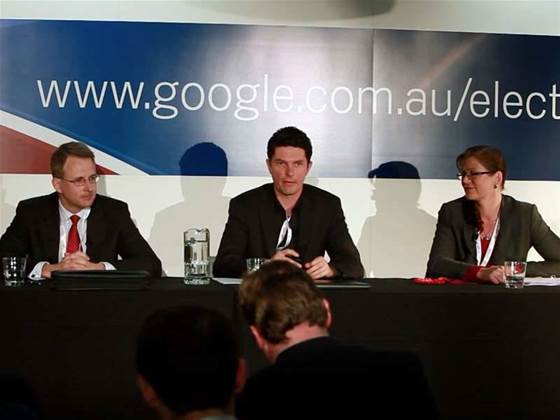
ABWF alleges that Google violates trademark laws by allowing competitors of ABWF to buy advertisements tied to keyword web searches using ABWF's trademarks.
In an April decision denying Google's motion to dismiss the case, the court ruled that the "evidence suggests that Google used [ABWF's] mark with the intent to maximise its own profit [and] ABWF has produced sufficient evidence of likelihood of [consumer] confusion [to allow the case to be decided by a jury]" .
Under the pay-per-click AdWords system, related adverts appear on a page of search results. This means that if a user searches for McDonald's, for example, an advert for Burger King or another rival may appear next to the results.
The case could have a significant impact on Google. According to the search giant's filing with the US Securities and Exchange Commission, AdWords accounts for more than 98 per cent of Google's $11bn annual revenue.
Kelley Drye & Warren, the law firm representing ABWF, and its lead attorney David Rammelt, said: "The downside of search optimisation based on use of trademarks is rarely discussed.
"The reality is that companies large and small are hurt when Google uses a company's trademark, without permission, for the benefit of the company's competitors and Google.
"This is the first time that a jury will have the chance to hear how Google's business model takes advantage of companies that have built the value of their trademarks through hard work and investment."


_(23).jpg&h=140&w=231&c=1&s=0)

_(20).jpg&h=140&w=231&c=1&s=0)




_(26).jpg&w=100&c=1&s=0)
 iTnews Executive Retreat - Security Leaders Edition
iTnews Executive Retreat - Security Leaders Edition












_(1).jpg&h=140&w=231&c=1&s=0)



